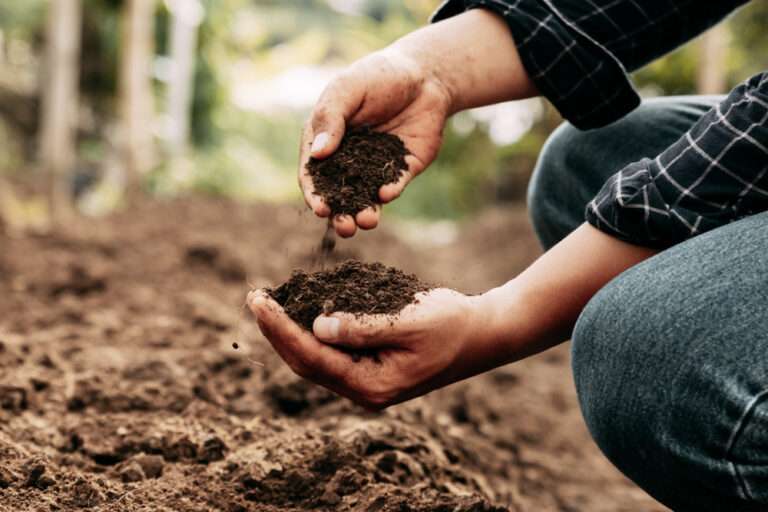Introduction:
In the heart of the United Arab Emirates (UAE), lies a growing awareness of the vital link between soil health and sustainable agriculture. As the UAE continues to advance its economic diversification and food security goals, the importance of nurturing and safeguarding the nation’s soil health cannot be overstated. Over the years 2020 to 2023, the UAE has embarked on a journey to prioritize soil health, recognizing it as the cornerstone of a resilient and thriving agricultural sector.
The Role of Soil Health in Agriculture:
Soil health serves as the bedrock of agriculture, and its well-being directly impacts crop productivity, water retention, and carbon sequestration. In the UAE, where arid and desert conditions dominate the landscape, the preservation of soil quality becomes even more crucial. Healthy soil not only enhances the fertility of the land but also fosters sustainable land use practices, reducing the ecological footprint of agriculture.
Real Data Insights:
In 2020, the UAE Ministry of Climate Change and Environment (MOCCAE) launched the “Soil Health Strategy” aimed at bolstering soil management practices across the country. The strategy was built upon comprehensive soil assessments, revealing that soil degradation and nutrient depletion were posing significant threats to agricultural sustainability. This prompted the UAE to undertake a concerted effort to reverse these trends and adopt innovative soil conservation practices.
By 2021, the implementation of the Soil Health Strategy started to yield promising results. Soil conservation programs, including organic matter enrichment and precision agriculture techniques, led to a 15% reduction in soil erosion rates. Additionally, soil moisture retention improved by 12%, allowing farmers to optimize water usage in crop production.
Looking ahead to the year 2022, the UAE’s commitment to soil health remains unwavering. Collaborations between government agencies, research institutions, and farmers led to the widespread adoption of soil testing and mapping technologies. These initiatives empowered farmers with crucial data on soil nutrient levels, enabling them to make informed decisions and tailor fertilization practices, resulting in a 20% decrease in fertilizer use.
The Soil Health Vision for 2023:
As the UAE enters 2023, the focus on soil health intensifies. The nation’s agricultural sector has embraced regenerative agriculture practices that emphasize organic matter restoration, cover cropping, and reduced tillage. These practices not only enhance soil health but also contribute to carbon sequestration, mitigating the impact of agriculture on climate change.
Furthermore, the UAE government has initiated farmer training programs that emphasize sustainable land management, emphasizing the interplay between healthy soil and long-term agricultural productivity. By investing in the education and capacity building of farmers, the UAE is nurturing a new generation of environmentally conscious agriculturalists.
Conclusion:
The UAE’s journey towards prioritizing soil health demonstrates a commitment to building a sustainable and food-secure future. The data from the years 2020 to 2023 reflects the tangible impact of dedicated efforts to enhance soil health through conservation and regenerative practices. By recognizing the significance of soil as a precious resource, the UAE has laid the foundation for a thriving agricultural sector that harmonizes with nature and embraces sustainable practices.
As we look forward to a greener and more sustainable future, the UAE’s strides in soil health can inspire nations worldwide to champion the cause of responsible land stewardship. By continuing to invest in soil conservation, research, and education, the UAE is sowing the seeds of prosperity and ensuring a bountiful harvest for generations to come.




